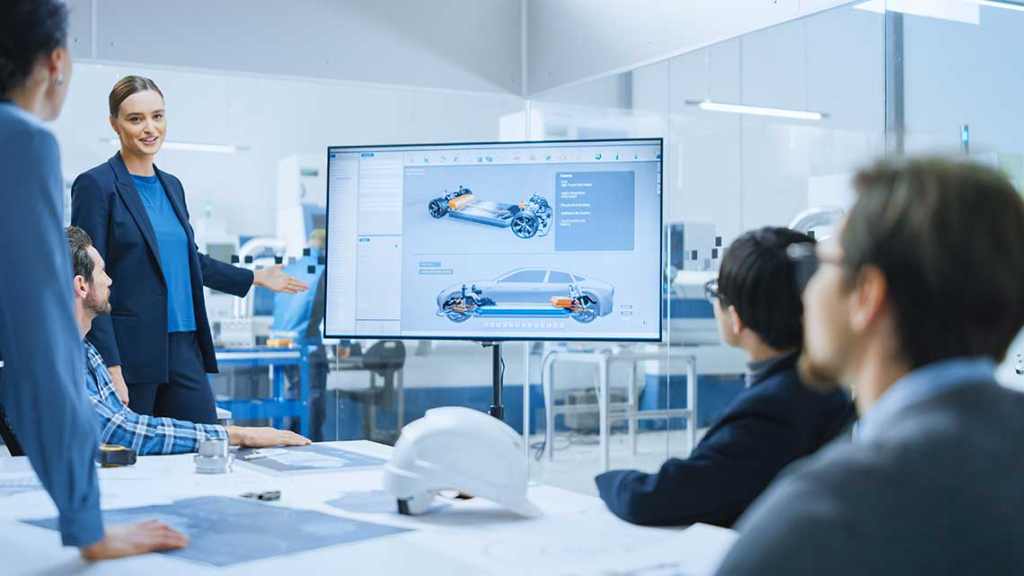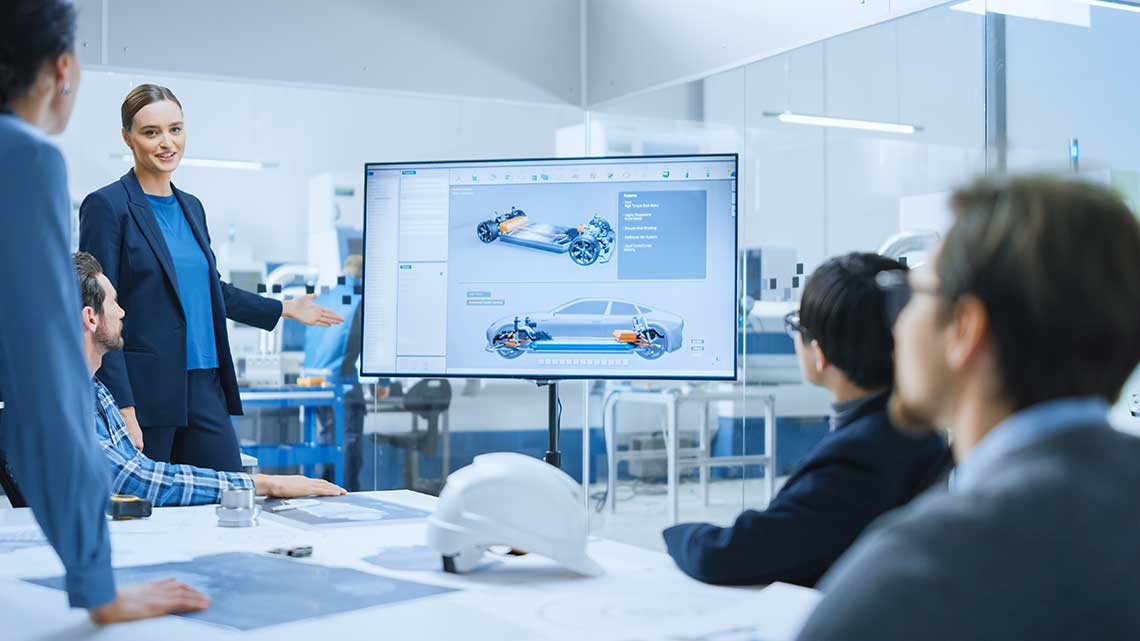Marktonderzoek Automotive Focusgroepen

Belang van marktonderzoek door de Automotive Focus Group
De auto-industrie heeft een radicale groei doorgemaakt na 2016. De eenvoudige kenmerken van oude vierwielers zijn getransformeerd in connected voertuigen. De industrie heeft de laatste tijd verschillende nieuwe technologieën gezien. Deze ontwikkelingen omvatten big data, cloud computing en het Internet of Things. Deze ontwikkelingen hebben geleid tot verschillende innovaties in de auto's van de toekomst.
Ondanks de innovaties is de behoefte aan marktonderzoek constant gebleven. Autofabrikanten moeten nog steeds consumentenvoorkeuren en trends voorspellen. De industrie is afhankelijk van deze trends en smaken. De grootste bron van inkomsten voor autofabrikanten is consumentenverkoop. Marktonderzoek naar consumentengedrag heeft daarom een hoge prioriteit voor spelers in de industrie.
Focusgroepen in de auto-industrie
Een focusgroep is een uitstekende methode voor kwalitatief marktonderzoek voor de industrie. Deze methode is een efficiënte en goedkope manier om een groot aantal consumenten te bereiken. De onderzoeker kan het ook gebruiken voor andere soorten gegevensverzameling, zoals peilingen en enquêtes. Dit kan nog meer discussie genereren, aangezien deelnemers debatteren of hun rangschikkingen rechtvaardigen.
De opkomst van digitale ontwrichting in auto-onderzoek
Connectiviteit en technologie roepen de vraag op of het essentieel is om een voertuig te bezitten. Ride-sharing is een duidelijk voorbeeld. Consumenten betalen alleen voor het gebruik van een auto als dat nodig is. Ze offeren echter de voordelen (en verantwoordelijkheden) van individueel eigendom op. Een andere digitale disruptor zijn autonome voertuigen, die op de horizon verschijnen. Al deze voertuigen zullen worden uitgerust met slimme technologieën. Autofabrikanten zullen moeten vertrouwen op onderzoek om te voldoen aan de veranderende behoeften van hun consumenten.
Wat zijn autoklinieken?
Decision Analyst beschrijft autoklinieken als een schoonheidswedstrijd voor voertuigen. In deze schoonheidswedstrijd fungeren consumenten als juryleden. De autofabrikant toont vier tot acht concurrerende merken en modellen aan de consument. Deze voertuigen worden in een showroom geplaatst zodat consumenten ze kunnen bekijken en feedback kunnen geven.
Autofabrikanten houden op verschillende tijdstippen autoklinieken voor verschillende doeleinden. Het meest voorkomende doel is het beoordelen en leren hoe nieuwe modellen verbeterd kunnen worden. Een ander doel van het houden van een autokliniek is het optimaliseren van de productlijn. Hierbij toont de autofabrikant alle verschillende modellen van één merk aan de consument om te testen.
De opkomst van nieuwe methodologieën
Technologische vooruitgang heeft het mogelijk gemaakt om focusgroeponderzoek online te doen. Web 2.0 en nieuwe technologieplatformen stellen autofabrikanten in staat om moeilijk bereikbare consumenten te bereiken. Autofabrikanten hebben ook nieuwe tools tot hun beschikking. Ze kunnen groepen vormen met nieuwe en verschillende configuraties. Ze kunnen ook online samenwerkingstools gebruiken. Deze tools zijn niet altijd beschikbaar in face-to-face groepen.
Een andere nieuwe methode is eye tracking, die gaze trails en heat maps produceert. Eye tracking biedt waardevolle informatie over welke producten consumenten bekijken. Sommige onderzoeksbedrijven gaan nog een stapje verder. Ze voeren eye-trackingoefeningen uit in virtual reality-omgevingen. Zo'n setting maakt het makkelijker om de fysiologische reacties van deelnemers op producten vast te leggen. Reacties omvatten electrodermale activiteit, hersenstatus, enzovoort.
Voordelen van het gebruik van Automotive Focus Groups Marktonderzoek
De belangrijkste voordelen van het gebruik van focusgroepen zijn:
- De tijd- en geldbesparing (vergeleken met individuele interviews)
- Ze zijn waardevol om informatie te verkrijgen over groeps- en persoonlijke meningen
- Ze bieden deelnemers de kans om verduidelijking te vragen
- Ze kunnen een breder scala aan informatie verstrekken
- Ze bieden nuttig materiaal aan, zoals citaten voor presentaties en public relations-publicaties
Omdat focusgroepen gecondenseerd zijn, kunnen autofabrikanten ze gebruiken om veel meningen te peilen. Ze kunnen ook reacties op verschillende kenmerken van een product peilen. De autofabrikant kan dit allemaal doen zonder het tijdrovende proces van individuele interviews. Tijd besparen in de onderzoeksfase van productontwikkeling is cruciaal. Dit geldt met name in de snelgroeiende auto-industrie. Een focusgroep stelt een autofabrikant in staat om de reis van een voertuig naar de markt te versnellen.



